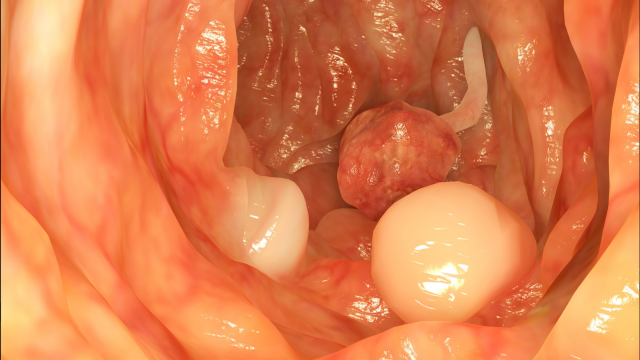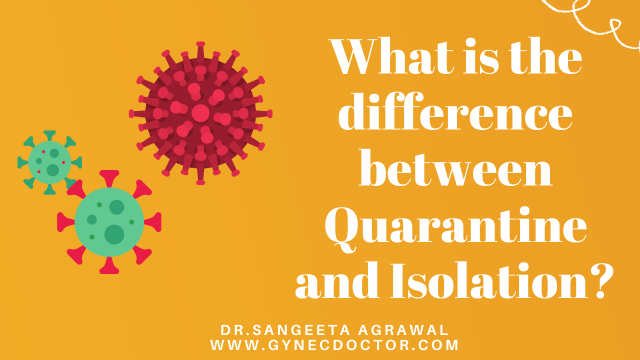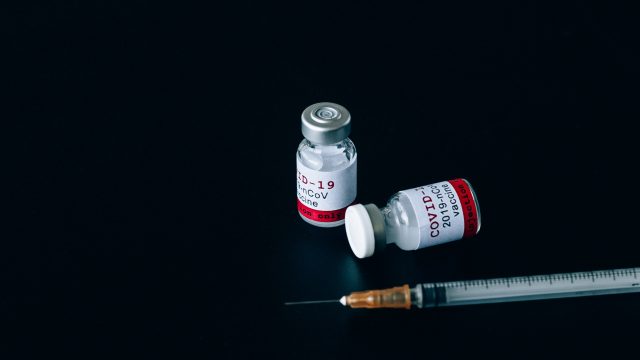Premenstrual syndrome (PMS) refers to a wide range of symptoms that occur during the second half of the menstrual cycle. They start a few days before the period starts and settle as soon as the period starts.
The most common Premenstrual Syndrome (PMS) symptoms include:
- Mood swings and irritability
- Bloating or feeling distended
- Breast tenderness
- Constipation or diarrhea
- Food cravings
- Headache
Other symptoms include:
- Tiredness
- Feeling depressed
- Difficulty in concentrating,
- Irritable and aggressive behavior,
- Sleep problems
Causes of Premenstrual Syndrome (PMS)
The exact cause of PMS is not known. Various factors such as social, cultural, biological, and psychological play a role. Hormonal factors in the brain also are implicated.
Diagnosis of Premenstrual Syndrome (PMS)
There are no specific signs or laboratory tests that can diagnose PMS. Therefore one has to do a complete medical checkup and certain investigations to rule out other possible causes of symptoms, and then make a diagnosis by excluding all other causes.
Sometimes just keeping a diary of the symptoms can help make the diagnosis.
Treatment of Premenstrual Syndrome (PMS)
A healthy lifestyle can help to control the symptoms. Certain vitamin supplements can be beneficial. Birth control pills may decrease or increase PMS symptoms. In severe cases, antidepressants can be used.
PMS can be troublesome and can influence your daily life. But there is enough help available and you should not allow PMS to affect your performance.
So make an appointment to see Dr. Sangeeta. She can help you to face this routine problem in a holistic way.


















